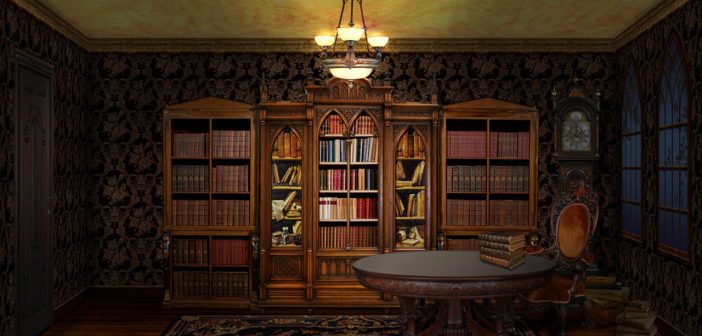There have been many authors throughout the history of literature that have focused on the theme of the supernatural within their works. They have often revolved their plots around this idea and combined it with many other themes such as love and self-discovery. From Bram Stoker, Mary Shelley and Oscar Wilde to Stephenie Meyer, L.J. Smith and Cassandra Clare, the use of the supernatural has experienced varying levels of being impactful and relevant to the intended audiences of each writer’s literary canon. But there is one important thing that must be asked – is the theme of the supernatural still relevant and do the ideas we associated with this theme fit with contemporary works? Has it become out of place?
When it comes to looking at whether authors who utilise the supernatural within their contemporary works, we should consider whether using this theme allows an author to reflect upon modern day struggles that young people (usually the age of the characters who are affected by this theme within a story) face during their daily lives.
Stephenie Meyer’s The Twilight Saga could be used as a good example when discussing this. Meyer’s novels explore the love story of a 17-year-old human girl named Bella Swan who falls in love with a 104- year-old vampire named Edward Cullen. This is, in my opinion, one of the best examples of how the theme of the supernatural coincides with the discussion of modern struggles that teenagers experience. In Bella’s case, her interaction with the supernatural world of vampires and werewolves impacts her in two ways – it causes her journey of self-discovery and also this theme leads to the well-known Edward-Bella-Jacob love triangle that everyone knows to associate with The Twilight Saga. This shows how Meyer seems to find a way of fitting the theme of the supernatural with modern struggles in terms of self-discovery and love.
When discussing contemporary writers’ use of the theme of the supernatural within their works, we should consider whether this theme is still relevant within the contemporary literary world. Does the supernatural have the same impact as it did during the time in which authors such as Shelley and Stoker were writing their novels?
There is an argument that the supernatural continues to be relevant because readers still find this theme exciting to read. I know that I personally enjoy reading this genre because there are so many good plot points within a supernatural novel. While the novels seem to follow the same formula in terms of the creatures authors use, each writer twists the theme in their own way which tends to be quite effective.
Cassandra Clare’s The Shadowhunters Chronicles is a perfect example of the genre of the supernatural still having some relevancy as well as being useful in terms of discussing the ways in which a writer can have their own interpretation of this idea. Her best-selling series with The Shadowhunters Chronicles is The Mortal Instruments, which I would argue is her best work as well as her longest series. This series shows how the supernatural can still be a relevant theme within literature because Cassandra Clare has continued to release more novels within her series with a final trilogy set to start being released in 2026 known as The Wicked Powers which will commence with the novel The Last King of Faerie which will see Clare combine the stories of her characters from The Mortal Instruments and another of her Shadownhunters book series, The Dark Artifices.
I believe that based on the reasons I have discussed the supernatural still has a place within contemporary fiction because every single story that has this as a central theme seems to appeal to readers on different levels depending on age and also the content of the story. This shows that the supernatural is still relevant. It has most definitely not become out of place because contemporary supernatural fiction writers still seem to be able to produce novels about this theme that are enticing and enjoyable to read.



